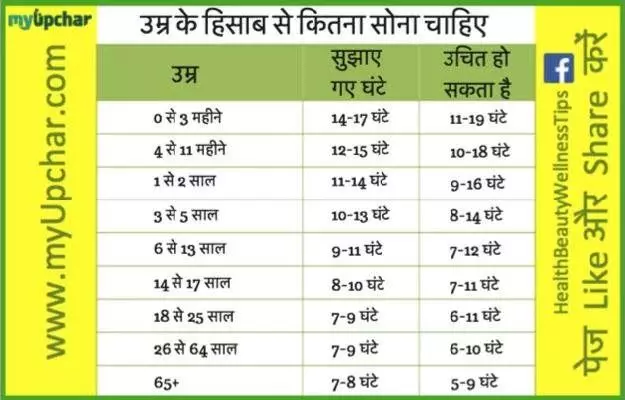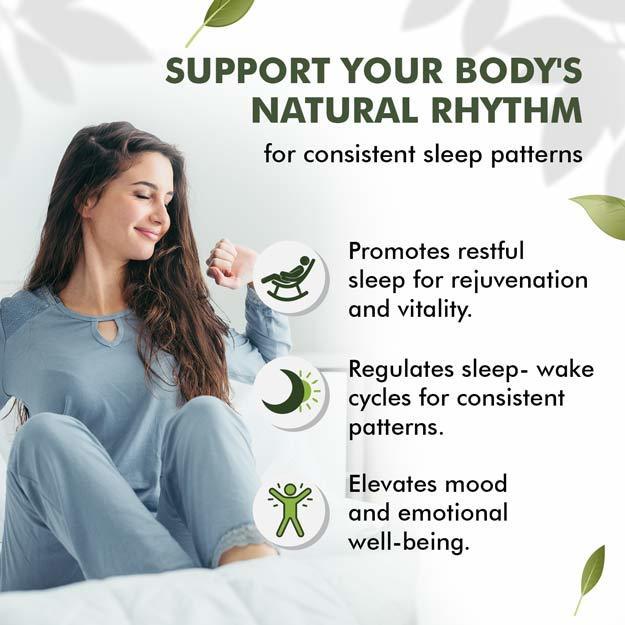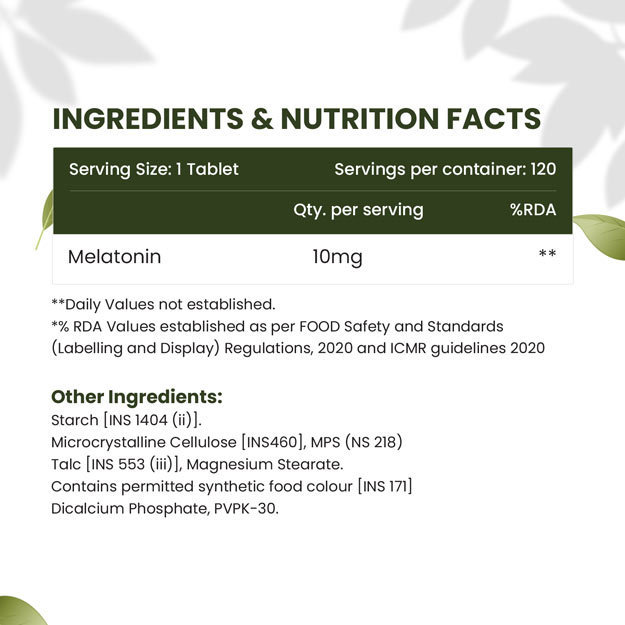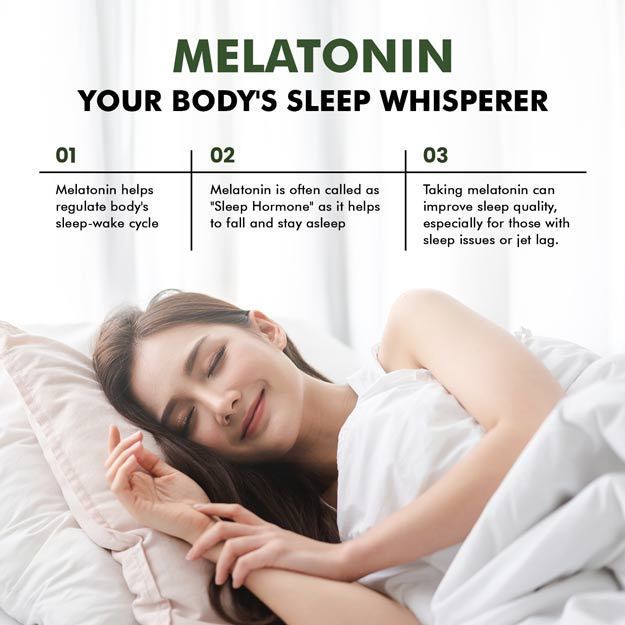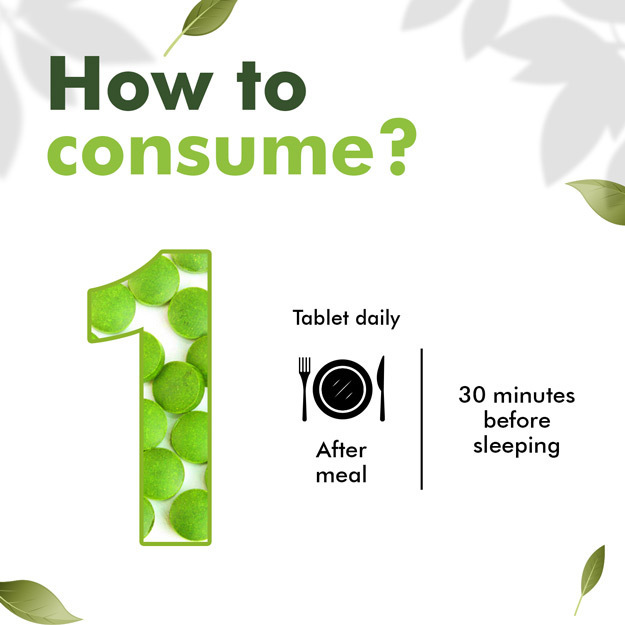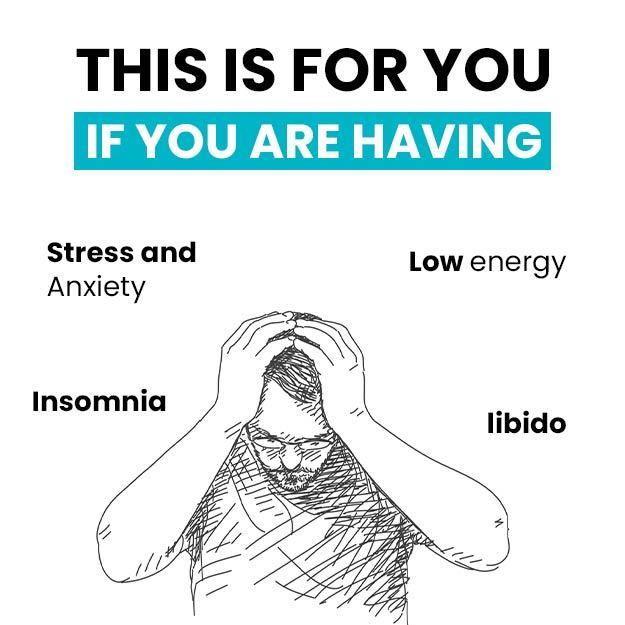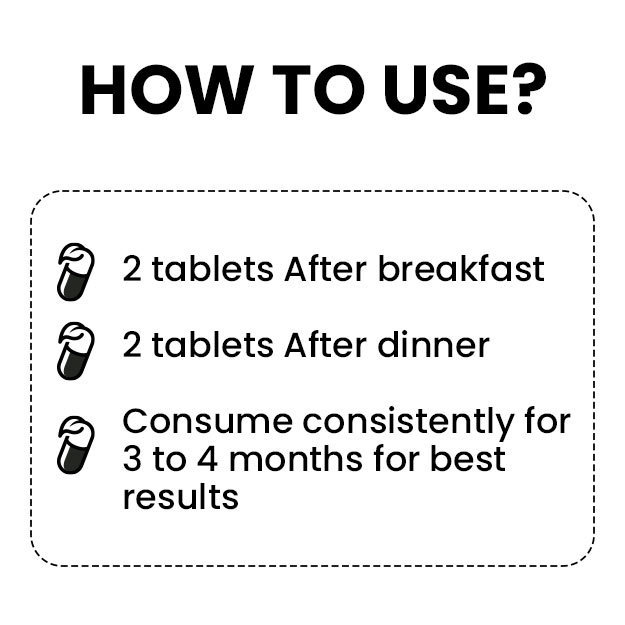Men and women are different, and have very different needs. This might be evident to you in many aspects of life, but did you know that this difference applies even when it comes to sleep? Sleep is a time when your mind and body process thoughts, restore or reboot themselves and strengthen the immune system.
Please click on this link to know better solutions to sleep disorders.
Exactly how these functions happen is still quite a mystery, but sleep experts around the world have confirmed that most adults need seven to nine hours of sleep every day. However, the same experts also point out that women need more sleep than men during their lifetimes.
Why is that? The reason lies with how women are wired differently than men, and also how their lifestyle patterns usually are. It is assumed that since women are multitaskers and carry a heavier mental load than men, they need more rest time than men too. On the other hand, women’s bodies also go through hormonal changes and long periods of hormonal imbalance during pregnancy and menopause. This also affects their sleep patterns and demands.
Moreover, women are more at risk of suffering from sleep disorders like insomnia (some women's health conditions also affect sleep, such as PCOS-linked sleep apnea). This is the reason why most experts believe women need at least 20 more minutes of sleep than men do. Here is everything you need to know about why women need more sleep than men.
(Read More - Hypersomnia treatment)

